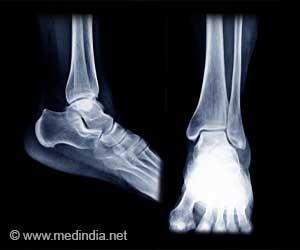Rapamycin may slow aging, with animal studies showing extended lifespans. Ongoing human research could reveal its potential benefits.

- Rapamycin shows promise in animal models, suggesting anti-aging potential
- Human trials are underway to explore its effects on aging-related diseases
- Side effects are manageable at lower doses, but more research is needed
Rapamycin-mediated lifespan increase in mice is dose and sex dependent and metabolically distinct from dietary restriction
Go to source).
Science Behind Rapamycin's Potential
Rapamycin is a kind of inhibitor that works in the way it inhibits the mTOR (mechanistic target of rapamycin) complex 1 that is involved in the regulation of cell growth and aging. Studies have revealed that with the inhibition of mTOR, organisms such as fruit flies and mice can live longer. According to Dr. Adam Konopka, an expert in geriatric medicine, "most animal species tested so far with rapamycin have lived longer". These findings suggest that rapamycin may have the potential to slow cellular aging, but results in humans are still uncertain.Rapamycin has extended the lifespan of nearly every animal tested so far. #medindia #aging #longevity’
Effect of Rapamycin in Ovarian Aging (Rapamycin)
Go to source).
Safety and Side Effects
Rapamycin, it is also known that the drug dampens immunity in transplant patients and results in increased susceptibility to infections and certain types of cancer. Headaches, chills, joint aches, and mouth ulcers are among the more frequent adverse effects. At the dosages used in longevity studies, some of these toxic effects may be decreased.
Increasing Interest in Rapamycin for Longevity
Although there is no convincing evidence, people are already using rapamycin off-label since it promotes longevity. Recently, a survey of 333 users revealed that most users felt more youthful, confident, and even calm after taking the drug. However, much more research needs to be done before rapamycin can be approved as an established anti-aging treatment.These promising experiments with animals have not yet been replicated in humans. Further research may bring more clarification, but rapamycin is still an experimental compound with apparent benefits and risks.
References:
- Rapamycin-mediated lifespan increase in mice is dose and sex dependent and metabolically distinct from dietary restriction - (https://onlinelibrary.wiley.com/doi/10.1111/acel.12194)
- Effect of Rapamycin in Ovarian Aging (Rapamycin) - (https://clinicaltrials.gov/study/NCT05836025)









